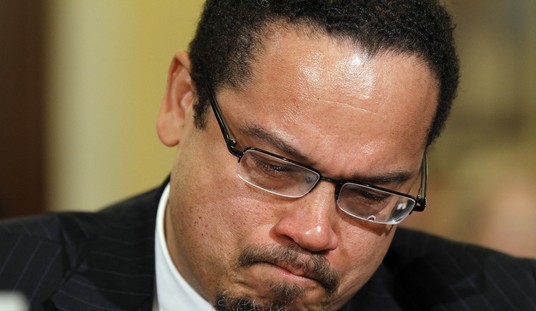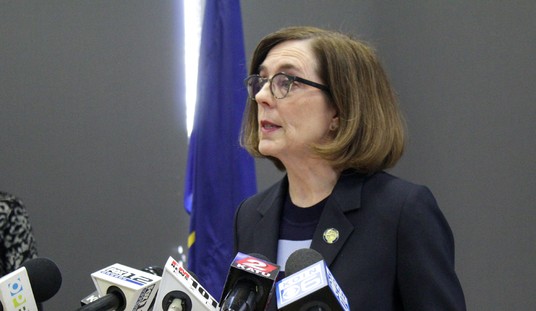When Pervez Musharraf conducted a remarkably clean election a few months ago, he wound up on the outside of the political process as his PML-Q party lost in dramatic fashion. The PPP and PML-N parties formed a coalition that sidelined Musharraf as a political force and looked to undo the excesses of the Musharraf dictatorship. On the very first issue, however, the coalition stands at the point of fracture — and it may give Musharraf another opening:
The fate of Pakistan’s new coalition government hung in the balance Sunday evening as the two major parties — despite recent assurances of a resolution — failed to agree on the issue of restoring judges fired last year by President Pervez Musharraf.
Former Prime Minister Nawaz Sharif and Asif Ali Zardari, leader of the Pakistan People’s Party, headed back to Pakistan from London where they failed in a last-ditch effort to thrash out their differences in weekend talks on the issue. Mr. Sharif had set a Monday deadline for action on the judges’ restoration.
Ahsan Iqbal, federal minister for education and a spokesman for Mr. Sharif’s Pakistan Muslim League (N), said his party would quit the cabinet if the judges weren’t restored by Monday. “We will have no justification to remain in the government if the judges were not reinstated,” said Mr. Iqbal. The party is expected to announce its decision on Monday.
Musharraf’s actions in sacking the judges and appointing replacements has created a big hurdle: what does Pakistan do with the judges Musharraf named to the bench? The PML-N party wants them sacked outright, but that apparently conflicts with the Pakistani constitution. The PPP party, which Benazir Bhutto headed until her assassination, believes that violation would give Musharraf an excuse to prorogue Parliament and call new elections, ruling by decree in the interim. They want to keep the judges while reinstating those fired by Musharraf to avoid falling into that trap.
Ironically, this might force PPP to ally with Musharraf and PML-Q in order to retain control of Parliament. If PML-N withdraws from the ruling coalition, the PPP would have little choice but to invite PML-Q to take their place. They can hardly reach out to the Islamists who murdered Bhutto, and they’d be unlikely in the extreme to accept such a deal anyway. A PPP/PML-Q alliance would control a bare majority of seats, with 175 out of 342, unless the alliance attracts smaller parties into the ruling coalition.
What could that mean for Pakistan? Both Musharraf and the PPP have a more aggressive posture towards radical Islamists in the Waziristans and the NWFP than does the PML-N, headed by Nawaz Sharif, who has been sympathetic to the Islamists. The current policy of negotiation with Baitullah Mehsud and the native Taliban might change significantly, with a policy that leans much more on military action against rebels.
That, in fact, was the alliance that the US hoped would form between Musharraf and Bhutto, with the Pakistani middle class lending support for a hard-line approach to terrorists in the frontier areas in western Pakistan. If Sharif walks out of the coalition over the resolution of the judges, we may wind up with that coalition by default.








Join the conversation as a VIP Member